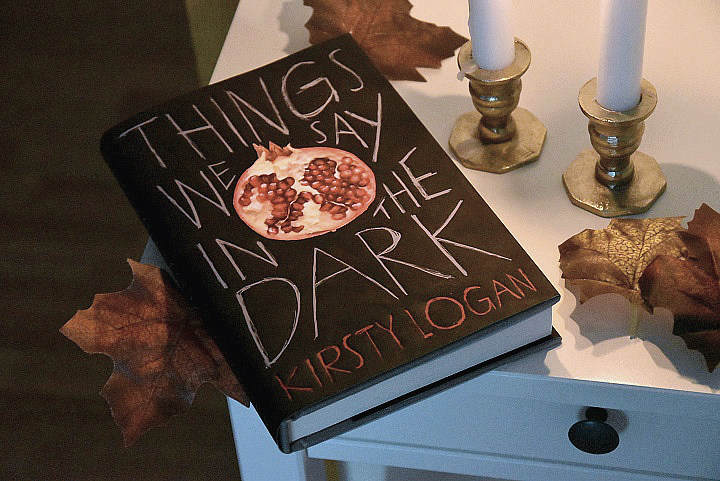

But if we walk in the light, as he is in the light, we have fellowship one with another, and the blood of Jesus Christ his Son cleanseth us from all sin. If we say that we have fellowship with him, and walk in darkness, we lie, and do not the truth: This then is the message which we have heard of him, and declare unto you, that God is light, and in him is no darkness at all. And these things write we unto you, that your joy may be full. That which we have seen and heard declare we unto you, that ye also may have fellowship with us: and truly our fellowship is with the Father, and with his Son Jesus Christ. (For the life was manifested, and we have seen it, and bear witness, and shew unto you that eternal life, which was with the Father, and was manifested unto us ) Phone orders min p&p of £1.99.Bible, King James Version Bible, King James VersionġJohn.1 That which was from the beginning, which we have heard, which we have seen with our eyes, which we have looked upon, and our hands have handled, of the Word of life Free UK p&p over £15, online orders only. To order a copy go to or call 020-3176 3837. Things We Say in the Dark is published by Harvill Secker (£12.99). There are strong individual stories here, but the book also works cumulatively, building up an impressive atmosphere of dread. The final story, the grimmest of all, sets male oppression against female compliance, with an ending balancing hope and despair on a knife edge. The author in the framing device grows increasingly introspective and gloomy as the book progresses. We’re left to wonder why is she repelled by his maleness, perhaps?

He grows up, “and he goes and gets a job and a wife and a house”, but his mother still “knows” her son is really dead. The narrator of “The Only Thing I Can’t Tell You Is Why” believes her new baby is dead, even as he gurgles and burps. Stories can be brief and impressionistic, leaving the reader with a nagging lack of closure in “Half Sick of Shadows”, apparently caring parents find an apt way to rid themselves of a small child, for reasons unknown. “Things My Wife and I Found Hidden in Our House” mixes the contemporary and folkloric as a couple unwittingly summon up a kelpie. But Big Pop’s secret isn’t just green fingers.

A young woman returns to the house of her dead father: “Big Pop, terror of the town, half the teeth smacked out of his head.” The building is surrounded by the sunflowers only Big Pop could get to grow so far north, “their heavy heads like hoods on drooping necks, their leaves twitching like hands”. In “My House Is Out Where the Lights End”, one of the more straightforward chillers, nature exudes a patriarchal menace.


 0 kommentar(er)
0 kommentar(er)
